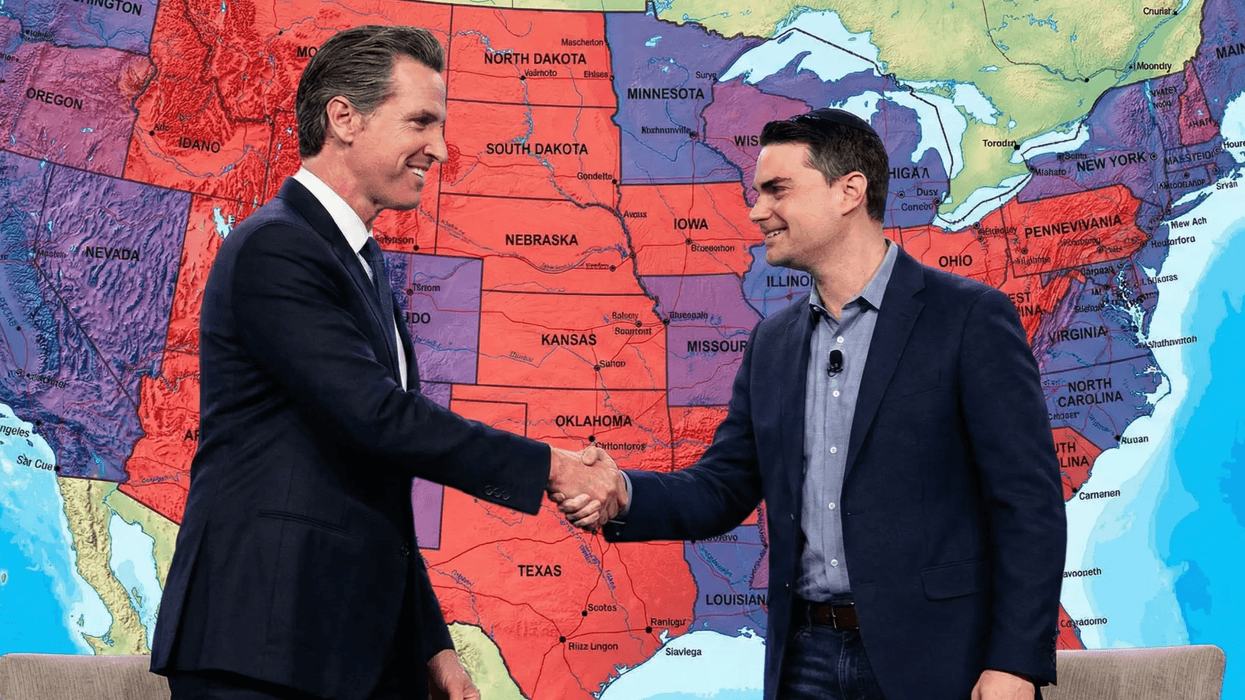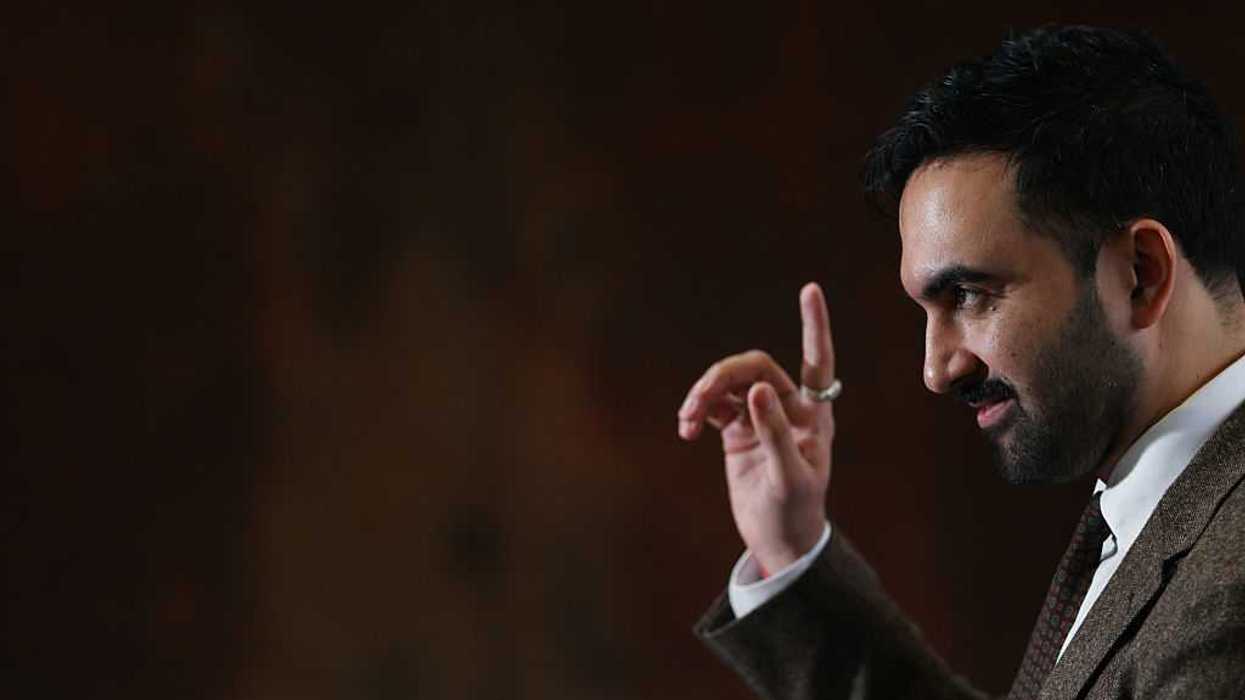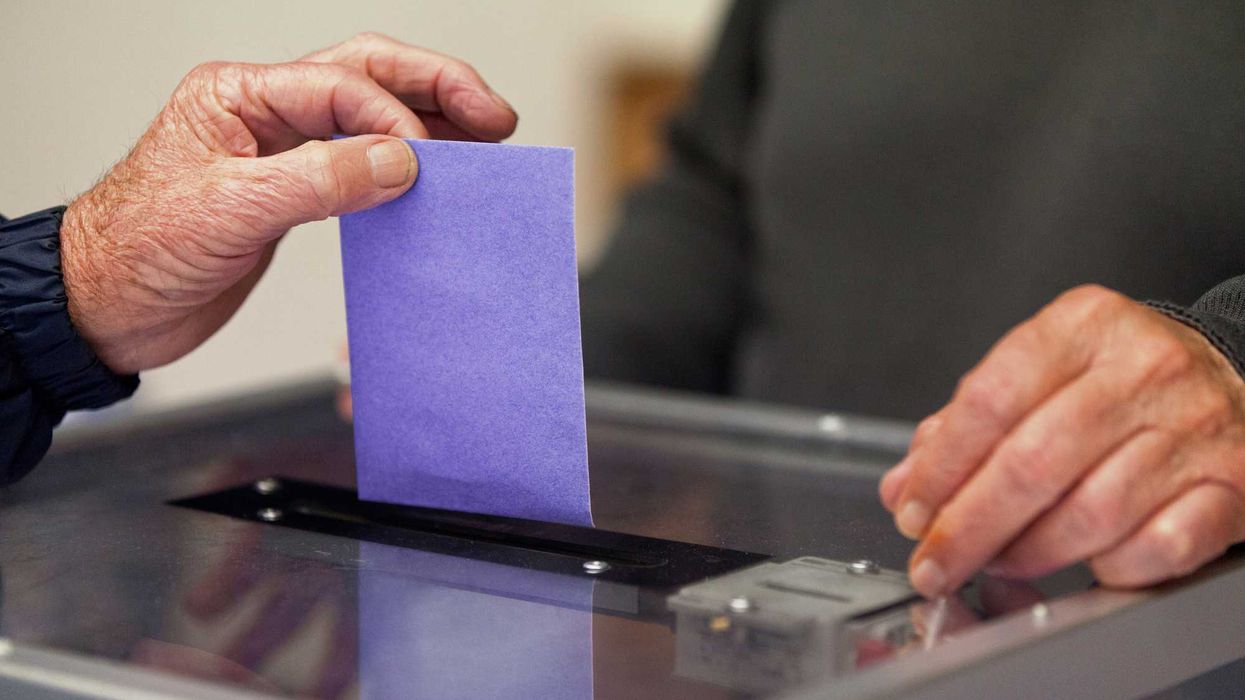My fellow Americans,
I don’t have all the answers. The problems we face today cannot be solved by a couple of tweets nor by a single party. From artificial intelligence to zoonotic diseases, the threats to our well-being have picked up speed, increased in complexity and spread across borders. I wish simple solutions existed. I admit that I’m often as puzzled and surprised by the size and scale of the problems we face as you.
So, though I cannot promise you answers, I can make the following pledges: We will recruit the brightest experts from across America to help us monitor and understand the risks we face; we will collaborate and coordinate with our allies to ensure that the global community is acting in unison; and, we will update you quickly and honestly along the way.
You should also know that I’m going to make mistakes. Although I’m confident that we’re going to increase our capacity to study and solve problems, these policy issues are like Jenga pieces – moving one piece can have significant and unpredictable effects on the larger structure. In an ideal world, I could prevent my team from causing any structural instability; in our current world, wobbles and shakes are inevitable. I won’t hide those from you. Instead, I’ll let you know about missteps as quickly as I let you know about steps forward. In return, I plead for your patience. I know that’s a lot to ask for in an age of drone-delivered pizzas. Nevertheless, your trust is essential to this approach to governance.
I’m also going to have to make trade-offs – to pick winners and losers. This is the roughest part of my job. Though some decisions will have uncertain results, others will very clearly impact certain communities more so than others. Again, I’d much prefer to only make choices that increase the well-being of everyone. We don’t live in that world. I’ll tell you now that when I confront those trade-offs, I’m going to err on the side of our kids. Decisions made decades ago have fudged up the future. This generation and the ones that follow it will need all the help they can get to overcome the potholes we created and failed to cover.
Obviously that speech was never made and a different type of candidate never emerged.
However it’s never too late to consider a different kind of politician. I hope you’ll join me and millions of other Americans who believe we must commit to a better approach to solving our collective problems.
If you’re still on the fence about whether to join this cause, I urge you to consider how much the current dysfunction has cost us. Our inclination to pick sides means we’re constantly operating at less than full speed. Our bias toward certainty means we’re failing to recognize the substantial uncertainty we face. Our acceptance of a stagnant system means we’re making complex policy problems even more difficult to address.
Let’s dare to learn together, to work together and to bring about a better future together.
Happy holidays.
Frazier is an assistant professor at the Crump College of Law at St. Thomas University and a Tarbell fellow.
Every year at this time we publish stories that reflect themes and messages of the holiday season. These stories have resonated deeply with our audience in the past perhaps because they contain universal messages that are central to the holiday spirit; messages of love, kindness, hope, generosity that are universal values to peoples of all cultures and backgrounds.
This season we are re-running some popular holiday messages from the past. We hope you enjoyed this re-run from 2023 as you celebrate this holiday season with family and friends.
All of the staff at The Fulcrum wish you the best this holiday season and hope for peace on Earth and good to all for 2025.




















